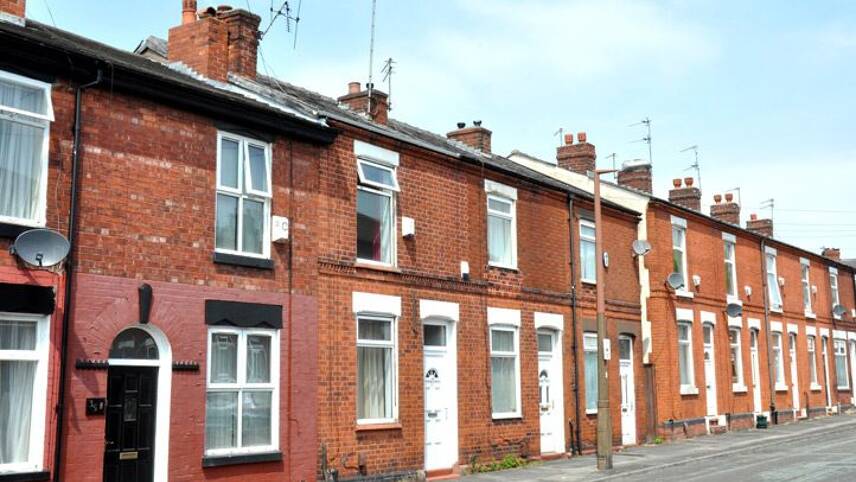Register for free and continue reading
Join our growing army of changemakers and get unlimited access to our premium content

The Government has this week opened a new consultation into the Future Homes and Buildings Standard, which will run until 6 March 2024
The Future Homes Standard was originally opened for consultation back in late 2020, outlining new time-bound targets to lower carbon emissions from the built environment.
The Government announced that all new homes must be more energy efficient and “zero-carbon ready” by 2025. Specifically, new homes are expected to produce 75-80% lower carbon emissions compared to current builds. An additional requirement is for new homes to have a reduced carbon footprint of 31% by 2021 compared to current levels.
The Government has this week opened a new consultation into the Future Homes and Buildings Standard, which will run until 6 March 2024.
The new standards, drawn up by the Department for Levelling Up, Housing and Communities (DLUHC), confirm that there is “no practical way” for fossil fuel boilers to continue to be rolled out while aligning with the aims of the Standard to create zero-carbon ready homes by 2025.
The consultation seeks views on the role, if any, that gas and hydrogen-ready boilers could play in the new framework, but expects heat pumps, electrification and district heat networks to be the dominant solutions in this area.
The Government is also proposing that new homes and non-domestic buildings include insulation fabrics that can improve heat and energy efficiency as standard moving forward.
However, the UK Green Building Council has been quick to criticise the consultation, lamenting the massive delays to the introduction of the standard – now slated for 2024 – and its lack of ambition.
“This can’t genuinely be described as a ‘future’ standard. Having already shattered industry confidence with repeated green rollbacks, the Government has opted for the least ambitious option that would deliver ‘future’ homes from 2025 at a lower standard than many homes already built today,” Simon McWhirter, Deputy Chief Executive at UKGBC said.
“It’s unconscionable that the Government is consulting on scrapping the expectation that new roofs should have solar panels, when this is already widely delivered through current regulations.
“While the Government is right, of course, to finally end the era of burning gas and oil in our new homes and buildings, fitting low-carbon heating sources such as heat pumps is already commonplace and the standard provides no improvement in energy efficiency.”
Currently, nine in 10 senior professionals in the UK’s property sector do not think current policy interventions are sufficient to enable the transition to net-zero by 2050, with widespread support for measures to accelerate renewable energy deployment and streamline emissions reporting.
Indeed, industry professionals support the idea of a mandate for the instillation of solar panels on large residential, commercial and public buildings.
Solar mandates seem to be picking up speed across Europe. Last October, Ireland confirmed plans for a new grant scheme to support all schools to fit rooftop solar. Then, in November, the French government outlined a new mandate for solar panels on all large car parks.
PowerMarket estimates that if just 5% of the UK’s suitable roof space on commercial buildings were covered with solar installations, businesses would collectively save £12.6bn on annual energy costs.
“We’re disappointed that, despite such a long delay in producing this draft Standard, the Government still hasn’t included measures to reduce the embodied carbon emissions from construction which accounts for around 1 in 10 tonnes of climate emissions in the UK. Nor has it moved to tackle flood risk or end the huge water waste from new builds that is driving shortages and so much ecological damage,” McWhirter said.
“The best developers have spent years and millions gearing up for modern green building standards which shows that higher standards are possible. UKGBC will be convening our members to submit a detailed response to the consultation that sets out how higher standards can be practical, affordable and protect climate and nature.”


Please login or Register to leave a comment.